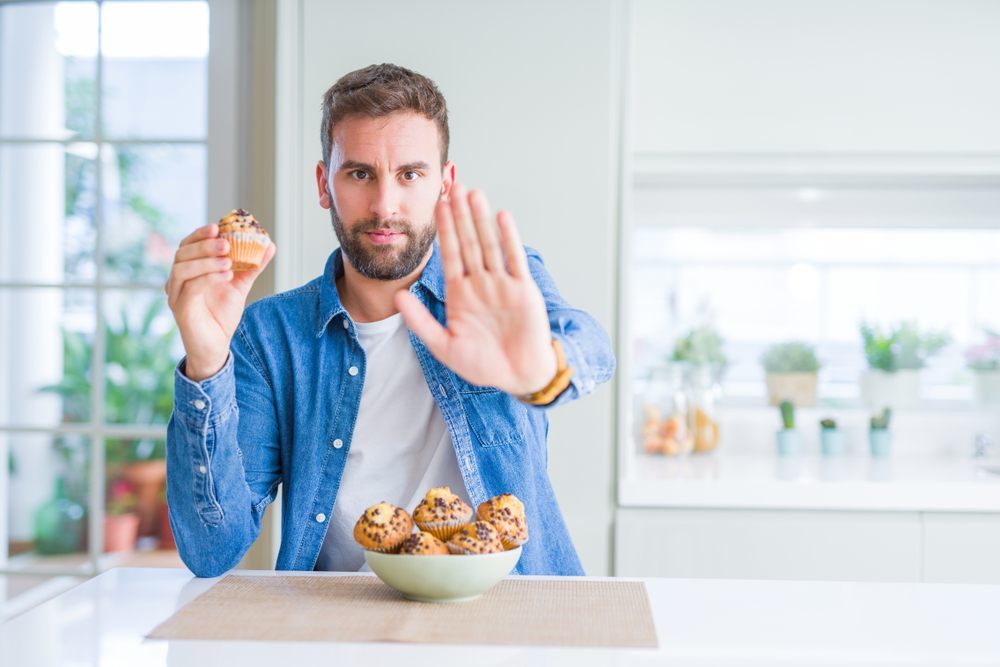5 Useful Tips to Stop Emotional Eating During the Coronavirus Crisis

Emotional Eating During Coronavirus
No doubt about it, we are living in very challenging and difficult times. All of us are trying to find all sorts of strategies and methods to cope with the stress and anxiety generated by the coronavirus crisis.
While some bury themselves in work or household activities to make the time pass easier while staying cooped up inside, others resort to food in a conscious or unconscious effort to suppress or soothe their negative feelings. In other words, they fall victim to emotional eating.
“A lot of people are struggling with their eating right now – and probably in different ways than they’re used to,” says Las Vegas-based clinical psychologist Cortney Warren. “There is certainly a great deal of research to suggest that when people are in a crisis situation when they are highly stressed, one of the first things that will change is their eating behavior.”
In a stressful situation, stress increases the cortisol levels in our bodies which, in turn, require more energy to function properly. That’s why we tend to crave food higher in fat and sugar, which can give us a quick boost of energy. More than that, high-sugar foods generate dopamine, the key neurochemical related to motivation and reward.
Stress-generated or emotional eating can also lead to an unhealthy cycle in which you overeat, regret it, experience physical discomfort and overeat again causing you to gain weight. All the while, the original stressors remain independent of our eating behavior. If you put an end to this vicious cycle, try the following efficient methods.
5 Useful Tips to Stop Emotional Eating
- Reflect on your emotions. Think about the times you feel most stressed and whether you crave food in the wrong way. Is there a pattern regarding your negative feelings and certain foods? If so, then try to break it. Remember, you need to eat to fuel your body not your emotions.
- Recognize the triggers that make you eat more or unhealthier than you should. Triggers can be external, for example, your child acting out or your partner having a meltdown, or internal like thinking about your financial situation or how difficult it is to work from home. My trigger, for instance, is watching the news or reading it online.
- Make deliberate choices about your eating. Don’t turn to comfort food the second you start feeling anxious or worried. If you feel like eating something to cope with the negative emotions, ask yourself if that’s something you are going to regret eating, or do you deliberately choose to eat it? Take control of the situation and choose what you will eat and when.
If you’re a night eater, this post will show you how to stop! - Get social support. Most of us are self-isolating and have no physical interaction with our friends and family. But we are all social beings and need to stay connected with friends, family and our communities in order to stay emotionally grounded. Ask yourself questions like: Who can I call today that will help me cope with my anxiety? How can I help others in my life get through this difficult situation? With the help of technology, we can all stay in touch and help each other out.
- Exercise. According to a Harvard study, regular exercise can bring outstanding changes to your body, your metabolism, and your mood. Exercise, either aerobic or relaxation ones such as tai chi and yoga, has the remarkable capacity to enliven and relax, stimulate and calm, fight depression and eliminate the negative effects of stress.


